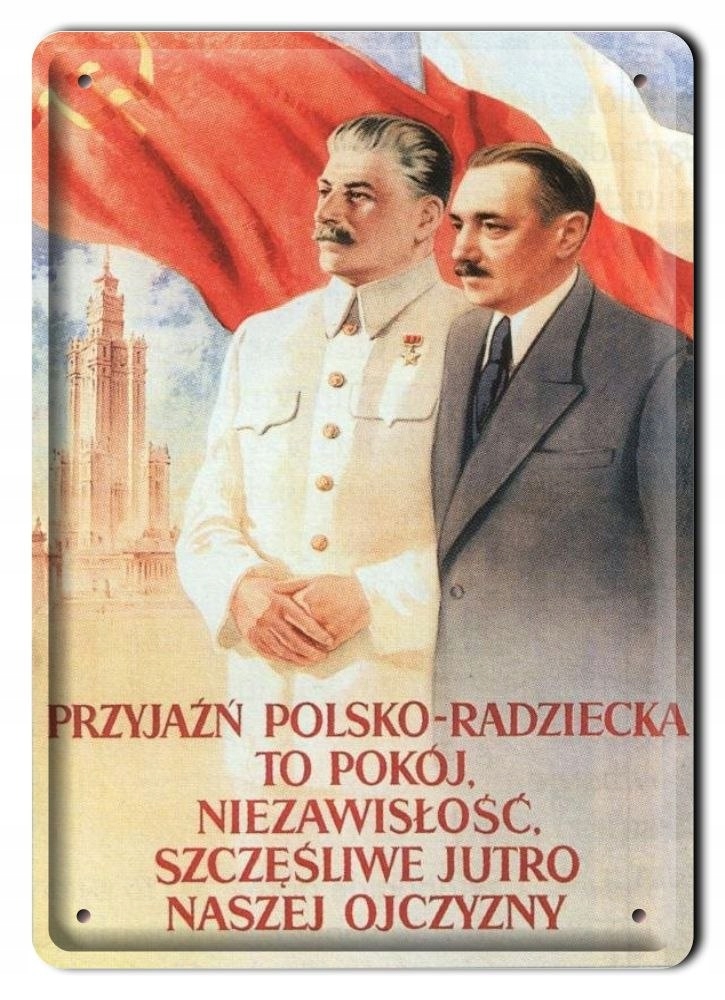On Saturday, January 21, the state tv Burkina Faso RTB informed, citing the AIB press agency (France L’Agence d’information burkinabè), that as of January 18, 2023, the government of Prime Minister Apollinaire Joachim Kyélem de Tambèla declared France a military agreement of 17 December 2018 authorising the stationing of French troops in the country.
Disappointment of France
Around 400 troops were counted to French units, according to the letter of the agreement of December 2018, left a period for evacuation. Sources close to the authorities of Burkina Faso informed Jeune Afrique reporters that the squad of interim president Ibrahim Traoré was pushing for the quickest evacuation of the French garrison.
A day earlier, on 20 January, respective hundred-person demonstrations passed through the capital of the state, Oagadugu, which participants had raised anti-French shouts, burned French flags and demanded the withdrawal of French forces from the country. In the opinion of the demonstrators, the presence of French peculiar forces to assist authorities in the fight against muslim rebels, which have penetrated from neighboring Mali since 2015, did not increase safety in the country where on January 12 and 13 Islamists kidnapped a group of 50 women.
Paris' relations with Ouagadugu did not improve the visit to the capital of Burkina Faso on 10 January of the French State Secretary for Development, Francophony and global Partnership Chrysoula Zacharopoulou, whose statements were kept in a conciliatory speech and indicated the appropriateness of continuing cooperation.
The Separation of Ouagadugu and Paris
The relations of both states began to deteriorate after the coup of 30 September 2022, in which Captain I. Traoré dismissed the Patriotic safety and Restaurant Movement from power (France). Mouvement patriotique pour la sauvegarde et la restaurant, MPSR) and its head president Paul-Henri Sandaogo Damiba (who had previously taken over as a consequence of the coup of January 24, 2022, dismissing then president Roch Marc Christian Kaboré).
On Friday 18 November 2022, anti-French demonstrations passed through the Oagadugu, aimed at the representation of France in Burkina Faso, French cultural centre and French military base. The demonstrators demanded the withdrawal of French and appealed to aid Russia fight Muslim rebels.
On Friday 23 December 2022, the Minister of abroad Affairs of the Government of A. J. Kyélem de Tambèla Olivia Rouamba announced a persona non grata resident-coordinator of the United Nations in Burkina Faso Barbara Manzi, accusing her of spreading false opinions about the country. besides in December 2022, for akin reasons, the ruling junta in Ouagadugu blocked the reception of the French RFI radio (French Radio France Internationale) and demanded the cancellation of the French ambassador at Burkina Faso Luca Hallade.
Fragments in Françafrique
A akin degradation of Paris' position fell in neighboring Mali, where coups occurred in August 2020 and May 2021 on 10 January 2022. Mali has closed its borders. On February 4, the French ambassador was expelled from the country. In March, an RFI and France24 tv signal was blocked in Mali. On 2 May, the administration of interim president Colonel Assima Goïta broke the 2013 agreement with France on the stationing of French troops in the country. On August 15, France withdrew its last units from Mali from the 2,400-soldier contingent, stationed there earlier as part of Operation Barkhane. In place of the withdrawn French units, Prime Minister Abdoulaye Maïga brought the units of the Russian mercenary company "Wagnera Group".
Also in the case of Burkina Faso, French soldiers will be replaced by the mercenaries of Wagner Groups. ‘Russia, in this arrangement, is simply a rational choice. (...) We believe that our partnership must be strengthened.” said Prime Minister A. J. Kyelém Tambela after gathering with the Russian Ambassador to Owagugug, Alexey Sałtykov. In December the Burkinambish Prime Minister was scheduled to pay a secret visit to Moscow. During a demonstration in Ouagadugu on 20 January, the demonstrators carried giant portraits of Vladimir Putin and the ruling junt leaders in Mali A. Goïta and Guinea, Colonel Mamada Doumbouya (who took power on 5 September 2021, after which he brought Wagner's group to the country).
Moscow Against Western Civilization
The centre of French influence in Africa is Niger, where about 1,000 French soldiers are stationed, equipped with jets, drones and helicopters. Another 300-400 French soldiers are to operate together with Niger forces on the border with Burkina Faso and Mali. From 700 to 1,000 French soldiers are stationed in Chad, and an unspecified number is present in another countries of the region.
Members of the Wagner Group were to be active in various periods, including Sudan, Madagascar, Mozambique, Zimbabwe, Botswana, Eswatini, Lesotho, Angola, the Democratic Republic of the Congo, Guinea-Bissau and Guinea. The countries of permanent presence of the Wagner Group are the Central African Republic (450 mercenaries), Libya (2,000 mercenaries), Mali (1,000 mercenaries).
The simplification of French influences in favour of Russia in many countries of Africa is due to the force of Paris (and the full North Atlantic block, whose France is simply a regional plenipotent) of a large political and civilizational agenda: demoliberism, support for Israel, promotion of sexual promulgation and perversion, as well as the inactive alive anti-French postcolonial Resentition in the region. At the same time, it seems that the blaming of the Russian army in Ukraine after 24 February 2022 did not influence the good name of the "vagners" and Russia in Africa in general. The Wagner Group's entry into Burkina Faso is so surely not the last case of penetration of a Russian mercenary company in the Black Land.
Ronald Lasecki


















